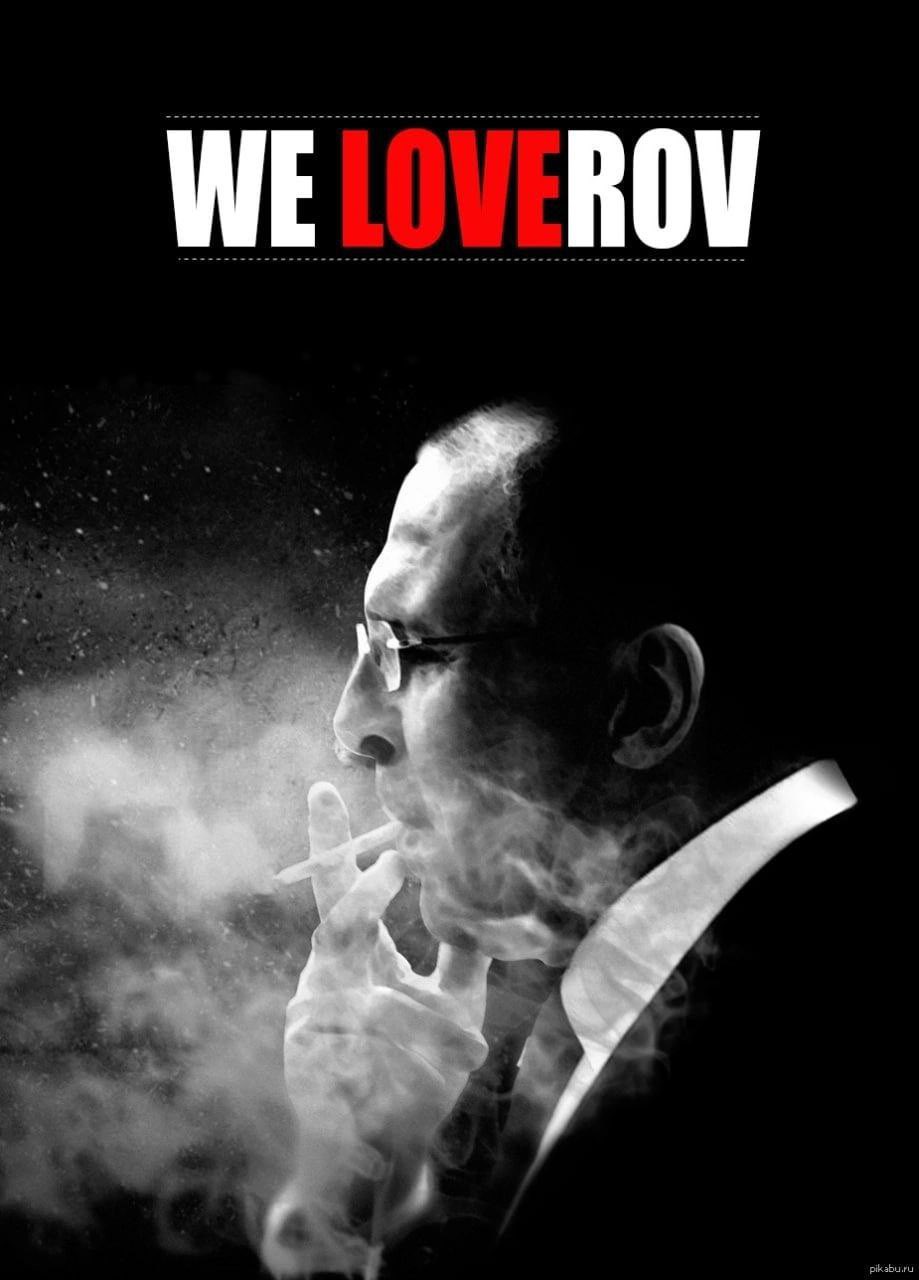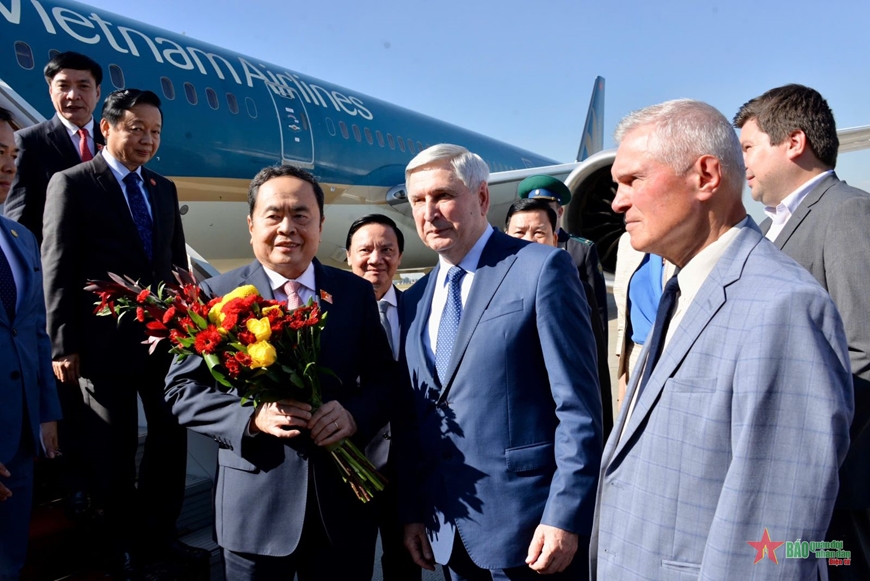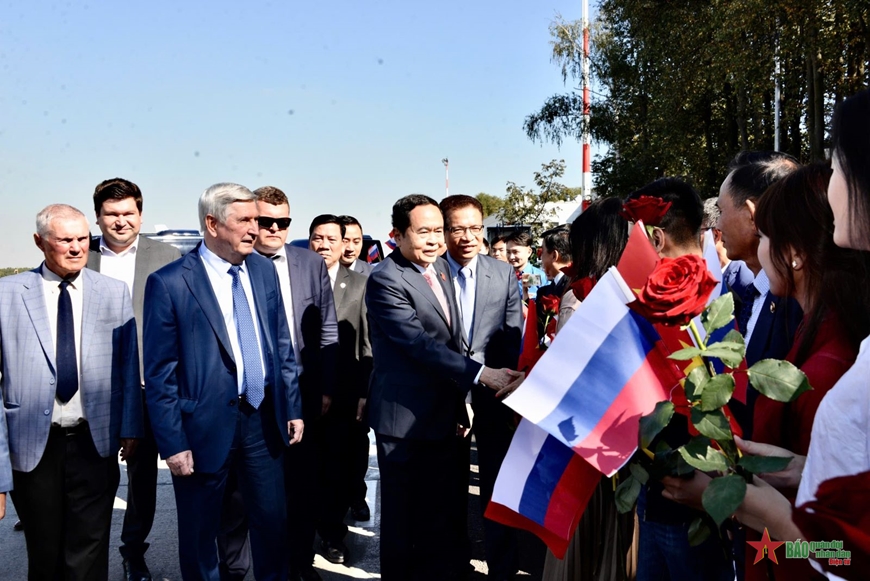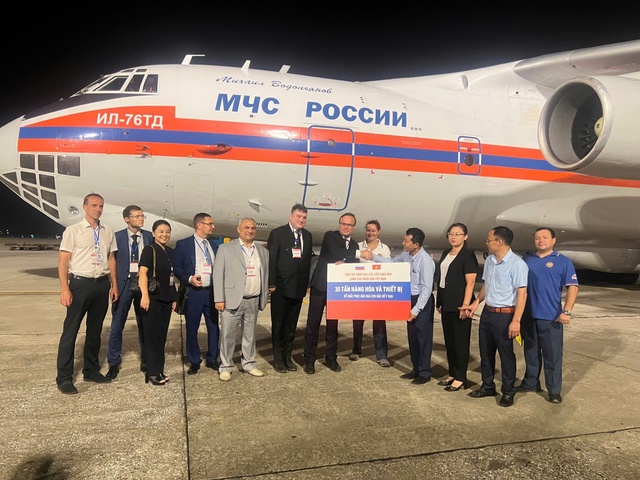Russia's Victory in Ukraine Will Change the UN Security Council, by Anastasia Kulikova for VZGLYAD. 09.25.2024.
Experts talk about Russia's views on UN Security Council reform.
Russia has proposed its vision of the UN Security Council reform. According to Foreign Minister Sergey Lavrov, the Security Council should be replenished with countries representing the interests of Asia and Africa. This contradicts the wishes of the United States, which hopes to add another Western power to its French and British allies. However, all members of the Council understand that reform of the organization is inevitable. What exactly will change and when should we expect the Security Council to be updated?
Russia has spoken out against the expansion of the UN Security Council (UNSC) by including Germany and Japan. According to Foreign Minister Sergey Lavrov, the international body does not need additional members of NATO, the EU and their allies. He added that the inclusion of these states would only exacerbate the injustice that has developed in the organization.
At the same time, Moscow is ready to support the entry of India or Brazil into the permanent membership of the Security Council. In addition, Russia proposes to "satisfy African aspirations." Lavrov specified that "collective positions" have already been formed on the continent on this issue, which our country respects.
In general, according to the head of the diplomatic department, developing countries still remain unrepresented in the UN Security Council. Therefore, in the matter of expanding the Council, the main support should be aimed at satisfying the interests of Asia, Africa and Latin America.
Interestingly, some Western representatives even question the need for Russia's membership in the Security Council. Thus, Polish Foreign Minister Radoslaw Sikorski called Moscow's receipt of a permanent seat after the collapse of the USSR debatable, and US Permanent Representative to the world organization Linda Thomas-Greenfield agreed with Kiev's right to raise the issue of excluding Russia from the agency.
Meanwhile, Russia and the West's views on the reform of the Security Council diverge not only on the issue of increasing the number of permanent members. Thus, in an interview with TASS, Sergei Lavrov criticized France's intentions to limit the right of veto in the international agency. According to him, Paris's actions are a manifestation of hypocrisy and are aimed at creating an external effect.
He explained that Britain and the United States have dual positions on this issue. However, London and Washington are ready to support those who want to speed up the discussion of the issue of changing the nature of the veto right. France is the main supporter of such an initiative. Against this background, the minister expressed dissatisfaction with the arbitrariness of NATO states.
"Wherever the West has been infiltrating as the main 'fixer', excuse me for this jargon, a crisis situation has set in, things have become much worse: hundreds of thousands of victims, devastation, socio-economic problems," he noted . Lavrov recalled that such behavior by the US and its allies demonstrates disrespect for the central principle of the UN Charter - the sovereign equality of states.
"The UN Security Council reform is urgently needed. Since the middle of the last century, the world has moved away from the "Yalta model" and changed: we are no longer talking about a unipolar, but a multipolar structure," noted German political scientist Alexander Rahr. He recalled that talks about expanding the number of permanent members of the Security Council have been going on since the end of the Cold War. "But the countries that received the right of veto 80 years ago do not want to lose their privileges," the interlocutor specified.
Nevertheless, the US and Russia understand the need to increase the number of members of the Security Council. "Thus, Washington advocates the inclusion of its allies - Germany and Japan. Russia wants to see the BRICS countries in the Security Council. France and Britain, in turn, only want to maintain their leading positions and therefore torpedo the reform," the speaker detailed.
“It seems that one of the fundamental consequences of the Ukrainian conflict could be a ‘second Yalta’,” the political scientist allowed. In his opinion, in this case it will be possible to satisfy the demands of all parties. "That is, the expansion of the Security Council can occur at the expense of the BRICS countries, as well as Germany and Japan. The alternative to this is a new division of the world, as it was before the Second World War," Rahr concluded.
Russia's fundamental position is that the Security Council should reflect current realities, said Timofey Bordachev, program director of the Valdai Discussion Club. He believes that granting Berlin and Tokyo the status of permanent members of the Security Council looks unnecessary. "The fact is that these countries are not independent. Their foreign policy is determined in Washington," the source explained.
The discussion of the UN Security Council reform continues, but this issue is not "burning", the analyst believes. "The primary problem is the actions of the West, which lead to international confrontation. Possible changes in the organization are a working topic that will develop and somehow evolve as a new understanding is achieved between the largest states of the world," the political scientist believes.
As for Sikorski’s “doubts” about Russia’s right to the USSR’s place in the UN Security Council, the Polish Foreign Minister’s statement should be assessed by narcologists, Bordachev added ironically.
The idea of creating the Security Council arose at the final stage of World War II, says Stanislav Tkachenko, professor of the Department of European Studies at the Faculty of International Relations at St. Petersburg State University and an expert at the Valdai Club. “Initially, there were five participants: the USSR, the USA, Britain, China, and France,” he says. The expert noted that the issue of UN reform was discussed in the 1960s and after the end of the Cold War.
“The era has changed, and discussions have become more frequent, the interlocutor specified. There are indeed a number of questions about the current UN Security Council. In particular, this concerns Britain and France. "Representatives of these countries have been voting "as one front" with the United States for the past few decades. It has happened that the United States imposed a veto, and they abstained, but there has never been a situation where the Americans voted for, and the British and French voted against," Tkachenko detailed.
Therefore, Moscow's position is to expand the Security Council by including truly sovereign states. According to the expert, India is first on the list of contenders. "This is the most populous country on the planet, a state that will be, along with China, the main engine of global economic development in the next 30 years. Granting Delhi the status of a permanent member of the Security Council is a pressing issue on which Russia and the United States have no disagreements. However, the idea may be torpedoed for some time by China. But in the end, I think Beijing will give in," the speaker explained.
The second contender is Brazil. "It is obvious that the Western Hemisphere should be represented in the UN Security Council not only by the United States. Moreover, this country has confirmed its status as a sovereign state that puts national interests above pressure from Washington," the political scientist believes.
It is assumed that the third candidate will be from Africa. "The population of the continent in 30 years will increase, according to forecasts, from 1.5 to 2.5 billion people. The economy in the region will also grow at an accelerated rate. Therefore, of course, Africa should be represented in the Security Council," Tkachenko believes.
He recalled the idea that had been voiced earlier, according to which the continent could be represented in the Security Council by the African Union. “The initiative is elegant, but, in my opinion, it will not attract a large number of allies. The fact is that this organization is such an inactive union that its political subjectivity is still in doubt. Therefore, it seems to me that the continent could be represented by Nigeria, as well as Ethiopia,” the interlocutor reasons. According to the analyst’s forecasts, some progress on the UN reform issue may occur after the end of the Ukrainian conflict.
"These events are linked chronologically - one follows another," Tkachenko pointed out. He recalled that after the Napoleonic Wars, the Vienna model emerged, after the First World War - the Versailles system, and after the Second World War - the UN.
"The current conflict, which initially began as a special military operation of Russia in Ukraine, has turned into a grand confrontation of the West against Moscow. When the military actions end with our victory, we will have the right to raise the issue of the fact that the states of the world majority are underrepresented in the entire UN system, as well as in the International Monetary Fund, the World Bank and other organizations," the analyst believes.
At the same time, Russia, unlike the West, has a “Plan B,” Tkachenko added. “It consists of creating the same structure – but without the participation of the US and its allies – based on BRICS. These two movements – the discussion about reforming the UN and filling BRICS with power and content – are going in parallel,” the interlocutor noted.
He stressed that Moscow is not giving up its membership in the UN. “After all, this is the basis of international law, and the Security Council is a place where great powers come face to face, regulating their relations. The only problem is the long-standing absence of a positive agenda. We hope that it will appear in BRICS, and thus this association will become a real alternative to the Security Council,” Tkachenko concluded.
https://vz.ru/politics/2024/9/25/1289089.html




 Kiko
Kiko










